Presidential candidate of the Labour Party in the 2023 general election, Mr Peter Obi, has recommended short and long-term measures the Nigerian government need to adopt in resolving crisis in the power sector.
In a statement via his official X handle on Wednesday, Obi, who expressed concerns about the massive implications of the power sector crisis for human development and economic growth, called on the Federal Government to constitute a task force made up of real professionals to investigate causes of the problem.
Join our WhatsApp ChannelThe former Anambra State governor said such task force should be saddled with the responsibility of finding out the causes of the frequent national grid collapse and ways to correct it.
The nation’s power sector has witnessed at least three cases of grid collapse in 2024 while not less than 10 cases were recorded between 2022 and 2023.
Obi lamented that with a population of over 200 million, it is a sad reality that Nigeria only has 13,000 megawatts (MW) generation capacity, out of which only about 4,000 MW is distributed nationwide.
He compared Nigeria with some Africa countries like Egypt and South Africa, that approximately have population of 112 million and 59.6 million people but supplying about 60,000mw and 58,000mw respectively.
READ ALSO: Grid Collapse: TCN Installs System For Real-time Monitoring Of Power Grid Performance
“This difference in energy wattage has massive implications for human development and economic growth,” Obi stated.
“Nigeria today has the world’s lowest per capita electricity wattage in the world, interestingly lower than those of most of our West African neighbours.
“It is really sad that whereas our energy demand is above 200,000mws, we have only 13,000mw installed capacity and can only deliver regularly less than 4,000mw.”
The LP presidential standard bearer in the last general election further stated that after consultations with experts in the power sector, he realised that the crisis of power supply in Nigeria relates to two major sub-sectors – the generation, transmission and distribution. “The major challenges of the generation sector are the lack of a regular supply of gas arising from the failure of the government in the last eight years to provide adequate gas infrastructure facilities, weak commercial availability of gas for power and failure to control the restiveness of angry youths leading to vandalism.”
Obi said it is more worrisome that for more than eight years, the authorities could not resolve the infrastructural challenges that constrain the supply of gas to power plants, “despite billions spent from CBN for legacy gas debts.”
Speaking on the aspect of transmission and distribution, Obi asserted that for the last eight years, there have been an embarrassing failure to refurbish the infrastructural facilities and equally invest in modern technologies like SCADA. This, he said, has led to poor coverage, lack of effective coordination between TCN and DisCos, load rejection “and inability to generate public trust for policy reform on tariff and leading to low private sector investments.”
”If we had a good project manager, we would have massively increased generation, transmission and distribution capacity and enhanced policy coherence that would have crowded private sector investment in to a degree that would have sustained rapid growth of the grid.
READ ALSO: Power Sector Minister Moves To Drive Reforms To Increase Electricity Supply
“The problem is that the government has not exercised the required political will to appoint the right kind of leadership that understands the problems of the sector and has the singular dedication and competence to create quick wins in the short term and transformation in the medium to long term.
“I suggest that the Federal Government immediately constitutes a technical task force of real professionals without political consideration to present a diagnosis of the crisis of the sector and to get to work to correct such simple slippages like incessant fire outbreaks that lead to perennial system collapse, drastically improve coordination and coherence between TCN and discos so that there will be no load rejection, and breathe down on all operators to deliver on their technical responsibilities.”
He maintained that taking the above steps would rapidly improve power availability in the short term while the government develops a long-term national electricity roadmap for sustainable power supply across the country.
Obi noted that Nigeria is highly endowed with all it takes to generate adequate power supply, stressing that power remains critical to economic growth of the country.
Victor Ezeja is a passionate journalist with seven years of experience writing on economy, politics and energy. He holds a Master's degree in Mass Communication.

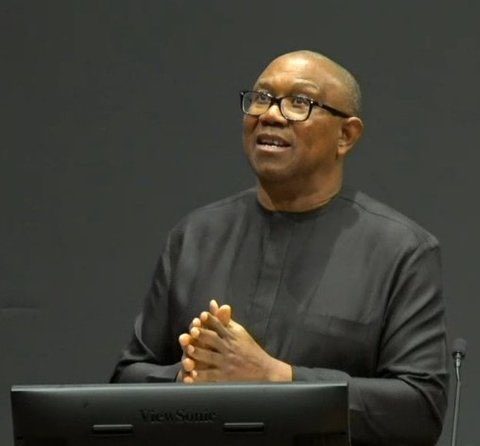

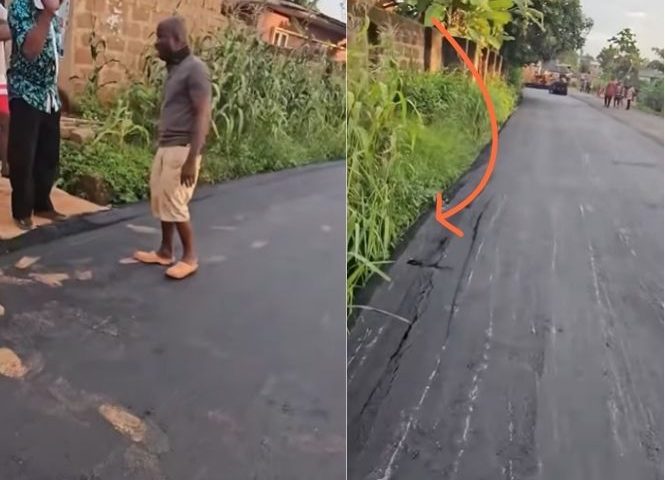

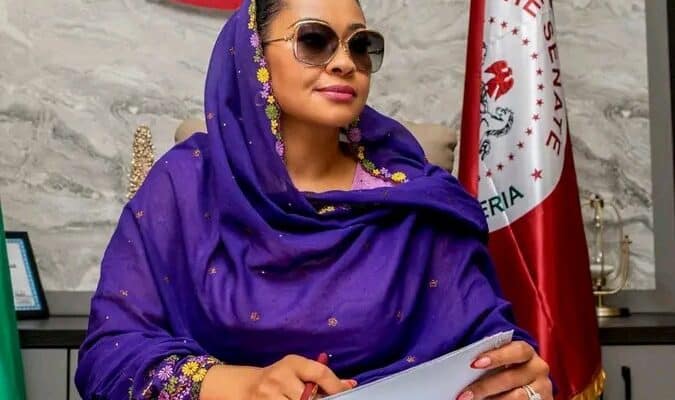










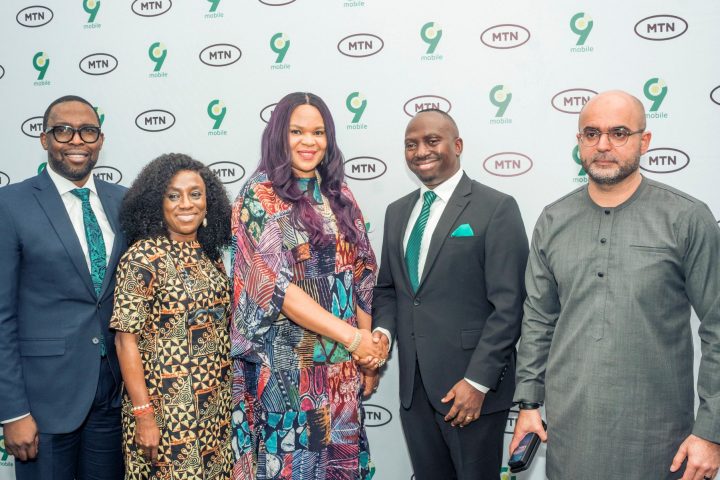
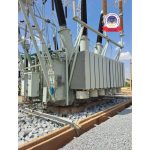
Follow Us